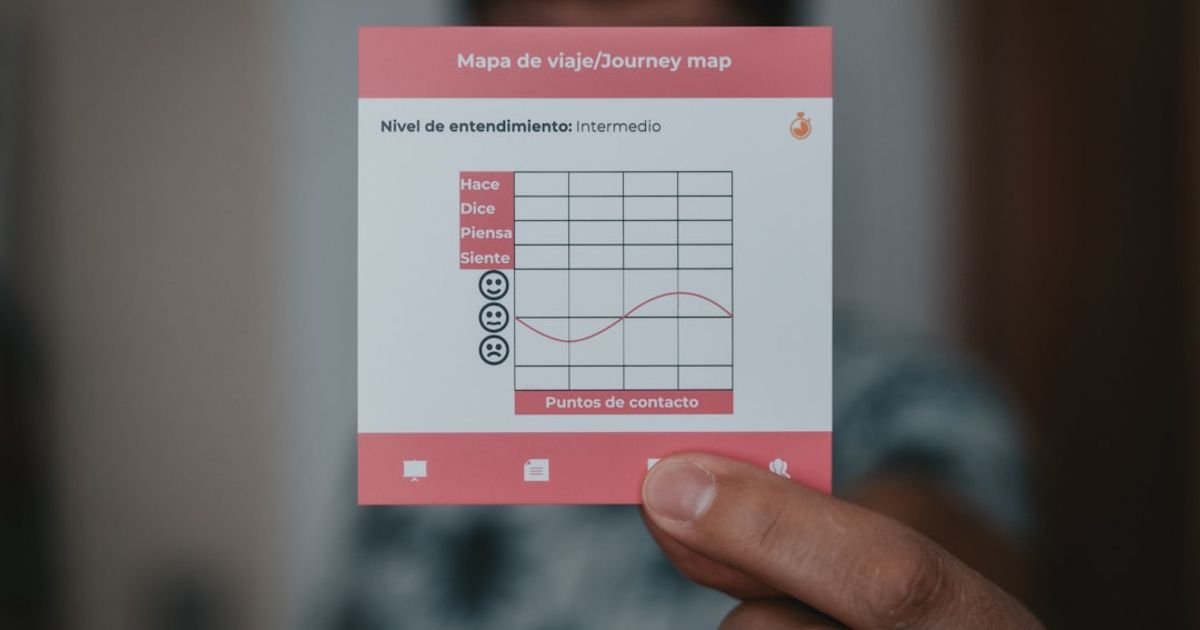About Prompt
- Prompt Type – Dynamic
- Prompt Platform – Google Gemini
- Niche – Networking
- Language – English
- Category – Productivity
- Prompt Title – Gemini Prompt for Building a Digital Business Card App
Prompt Details
**Goal:** Design a comprehensive plan for a digital business card app specifically for networking purposes, focusing on productivity enhancements.
**Prompt Type:** Dynamic (allowing for iterative refinement and exploration of different aspects)
**Target Audience:** Entrepreneurs, professionals, sales representatives, event organizers, and anyone who benefits from efficient networking.
**Prompt:**
Imagine you are a leading app developer specializing in productivity and networking solutions. I want to create a cutting-edge digital business card app that goes beyond simply replicating physical cards. My target audience is professionals who value efficient networking and maximizing their connections. I need a dynamic plan outlining key features, monetization strategies, marketing approaches, and technical considerations.
**Phase 1: Core Features and Functionality (Prioritize User Experience)**
* **Interactive Card Design:** Provide details on various interactive elements beyond static information. Explore options for embedded videos, portfolio links, social media integration, and personalized welcome messages. How can we leverage AR/VR capabilities for a unique and memorable experience? Consider accessibility features for users with disabilities.
* **Contact Management and Organization:** Describe a robust contact management system integrated within the app. How can users easily import and export contacts? Include features for tagging, categorizing, and searching contacts based on various criteria (industry, event, keywords, etc.). How can AI be used to suggest relevant connections or identify potential networking opportunities based on user data and activity?
* **Networking Event Integration:** Focus on features that facilitate networking at events. This could include QR code scanning for quick exchange, proximity-based connection suggestions, event-specific chat rooms or forums, and post-event follow-up tools. How can the app streamline lead capture and management during events?
* **Analytics and Performance Tracking:** Outline how users can track key metrics related to their networking efforts, such as the number of connections made, card views, link clicks, and engagement with embedded content. How can we present this data in a visually appealing and insightful manner?
**Phase 2: Monetization Strategies (Balancing User Value and Revenue)**
* **Freemium Model:** Detail the features available in the free version versus the premium subscription. Focus on providing significant value in the free tier while incentivizing users to upgrade for advanced functionalities.
* **In-App Advertising:** Explore non-intrusive advertising options that align with the professional nature of the app. Consider sponsored content, targeted ads based on user profiles, and premium ad-free experiences.
* **Premium Features:** Suggest specific premium features that would appeal to power users, such as advanced analytics, CRM integrations, personalized branding options, and access to exclusive networking events or communities.
* **Partnerships and Integrations:** Identify potential partnerships with businesses that complement the app’s functionality, such as CRM providers, event organizers, or professional development platforms. How can these partnerships generate revenue and enhance user value?
**Phase 3: Marketing and User Acquisition (Reaching the Target Audience)**
* **Target Audience Segmentation:** Define specific user segments within the broader target audience (e.g., entrepreneurs, sales professionals, event organizers). Tailor marketing messages and channels to each segment’s needs and preferences.
* **Content Marketing Strategy:** Suggest relevant content topics that resonate with the target audience, such as networking tips, productivity hacks, and industry trends. Explore various content formats, including blog posts, articles, videos, and webinars.
* **Social Media Marketing:** Identify the most effective social media platforms for reaching the target audience. Outline a social media strategy that includes organic content, paid advertising, and influencer marketing.
* **App Store Optimization (ASO):** Provide specific recommendations for optimizing the app’s listing in app stores to improve visibility and organic downloads. Include keyword research, compelling app descriptions, and high-quality screenshots.
**Phase 4: Technical Considerations and Development (Building a Robust and Scalable Platform)**
* **Platform Selection (iOS, Android, Web):** Discuss the pros and cons of developing the app for different platforms. Consider cross-platform development frameworks to optimize development time and resources.
* **Data Security and Privacy:** Outline measures to ensure user data security and compliance with relevant privacy regulations. Explain how user data will be collected, stored, and used.
* **Scalability and Performance:** Describe the technical architecture and infrastructure required to support a growing user base and ensure optimal app performance.
* **API Integrations:** Identify key APIs that need to be integrated, such as contact APIs, social media APIs, and payment gateways.
Throughout the response, provide concrete examples, detailed explanations, and actionable insights. Consider potential challenges and offer solutions. Prioritize user experience and design principles. This prompt is dynamic, so feel free to ask clarifying questions or request more detail on specific aspects as we progress. Let’s collaboratively build a truly innovative and impactful digital business card app.

